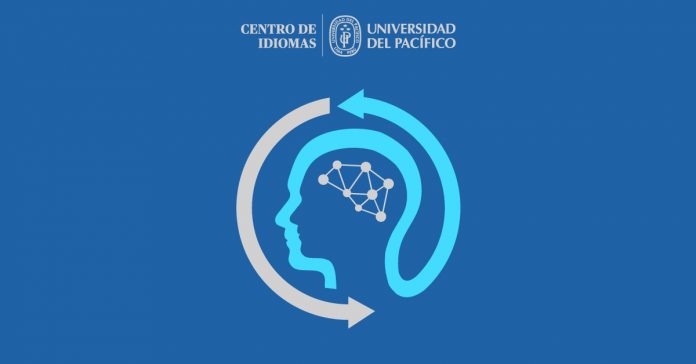It was 1977. Sadly, the worst accident of the history of aviation took place in Tenerife. 583 people died. But that year was also magnificent when the United Nations proclaimed March 8 as the International Day for Women’s Rights and International Peace. Jimmy Carter had been sworn as USA President and the Apple II was presented. 1977 was also the year in which Charles Chaplin left us. Meanwhile, in Miami, the English Teachers to Speakers of Other Languages, TESOL, celebrated their (annual) Eleventh Convention. Among the teachers who presented papers was a Professor Steven Krashen, from the University of Southern California.
Under the title “Some issues relating to the monitor model,” he sketched then his five hypothesis that later would constitute his renowned Monitor Theory. This presentation represented a starting point so that four years later, through his acclaimed publications Second Language Acquisition and Second Language Learning (1981) and Principles and Practice in Second Language acquisition (1982) he could entirely make his remarkable contribution to the teaching of English. What we are going to deal in the blog in this series is how relevant his contributions are today, 44 years later.
Despite the fact that some of his hypotheses were criticized for lack of scientific support, it is undeniable that they had great effect and application. That makes it worth reflecting on the validity of these hypotheses in our daily work today, especially in this context of virtuality. This series will be dedicated to analyze the five hypotheses that make up this model at the light of the 21st century.










